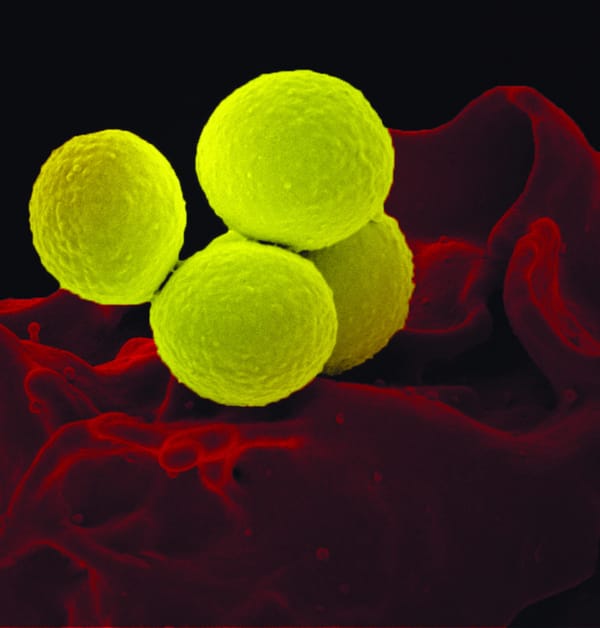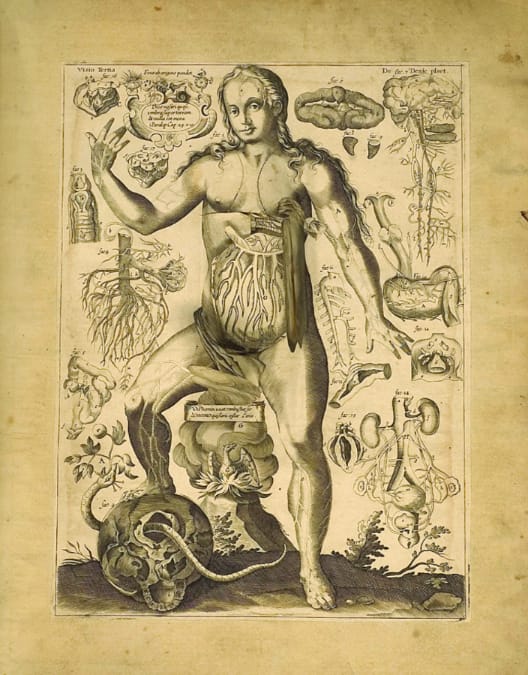Young blood rejuvenation
New trials aiming to treat Alzheimer’s patients using blood transfusions

The first clinical trial transfusing young blood into patients suffering from Alzheimer’s disease has been completed. This research is the first of its kind to determine whether injection of plasma from young individuals to the cognitively impaired can improve the symptoms of their disease.
Previously, work has typically focused on mice in parabiosis studies, which is when the circulatory systems of two mice (old and young) are joined together. The results of this initially suggested the rejuvenation properties of young blood in older mice. Research published in 2014 then went on to show that parabiosis studies were unnecessary and when aged mice were exposed to young blood plasma, brain ageing was reversed at a molecular, structural, and cognitive level.
This new human trial was conducted by Alkahest, based in San Carlos, California. The clinical trial was led by Tony Wyss-Coray, founder of Alkahest and neuroscientist at Stanford University in California, and Sharon Sha, another Stanford neurologist. Their aims were to research the feasibility of such a study in humans by monitoring the tolerability of the infusions from 18-30 year old donor patients into patients with mild to moderate Alzheimer’s disease. Cognition, functional ability, and mood were also monitored to determine if there was any change.
“The authors remain hopeful that these findings show significance”
Patients were either infused with young plasma over four weeks or a placebo containing saline. Initial results suggested that the young plasma was safe and well tolerated in the Alzheimer’s disease patients. In comparison to the control group there was even an improvement in functional ability, although mood and global cognition weren’t affected.
The authors for this study highlighted that results should be considered with caution due to the small size of the trial consisting of only 18 participants. Despite this they remain hopeful that these findings show significance and that we may be one step closer to improving blood transfusion trials in humans. They say “the results are promising and warrant further exploration of young plasma in future, larger, double blinded clinical trials.”
Despite the positive findings there have been ethical concerns about similar trials charging high participatory fees. One such company, Ambrosia, is charging $8,000 for over 35s to receive blood from under 25s, even though it is far from clear whether this method will work. Additionally, blood supplies are usually required for more immediate causes such as medical emergencies and surgery.








